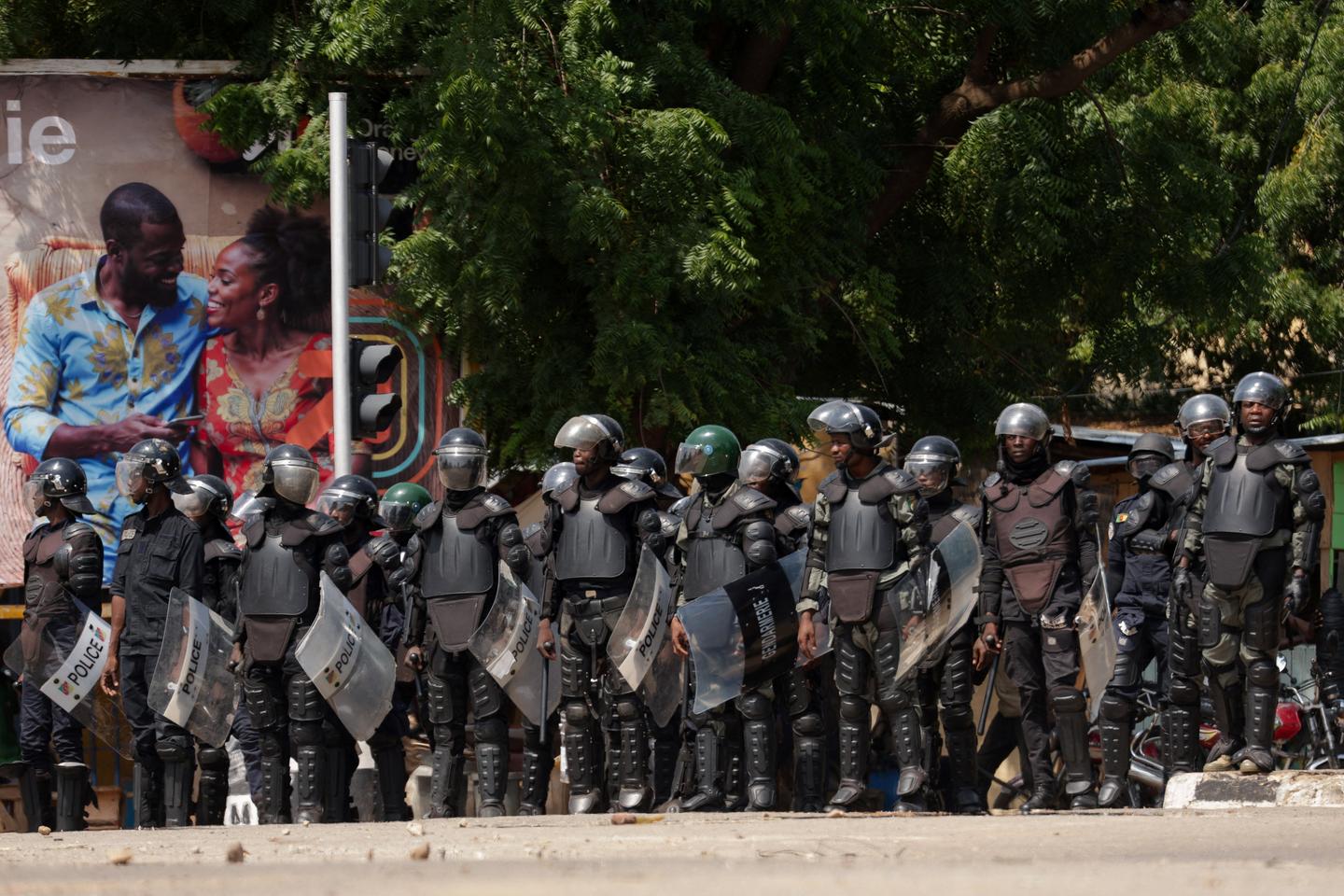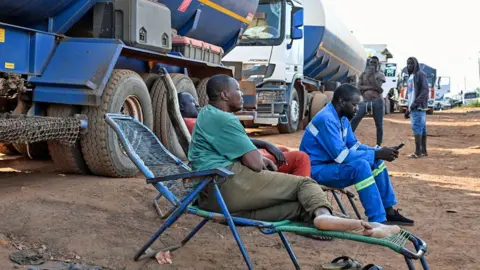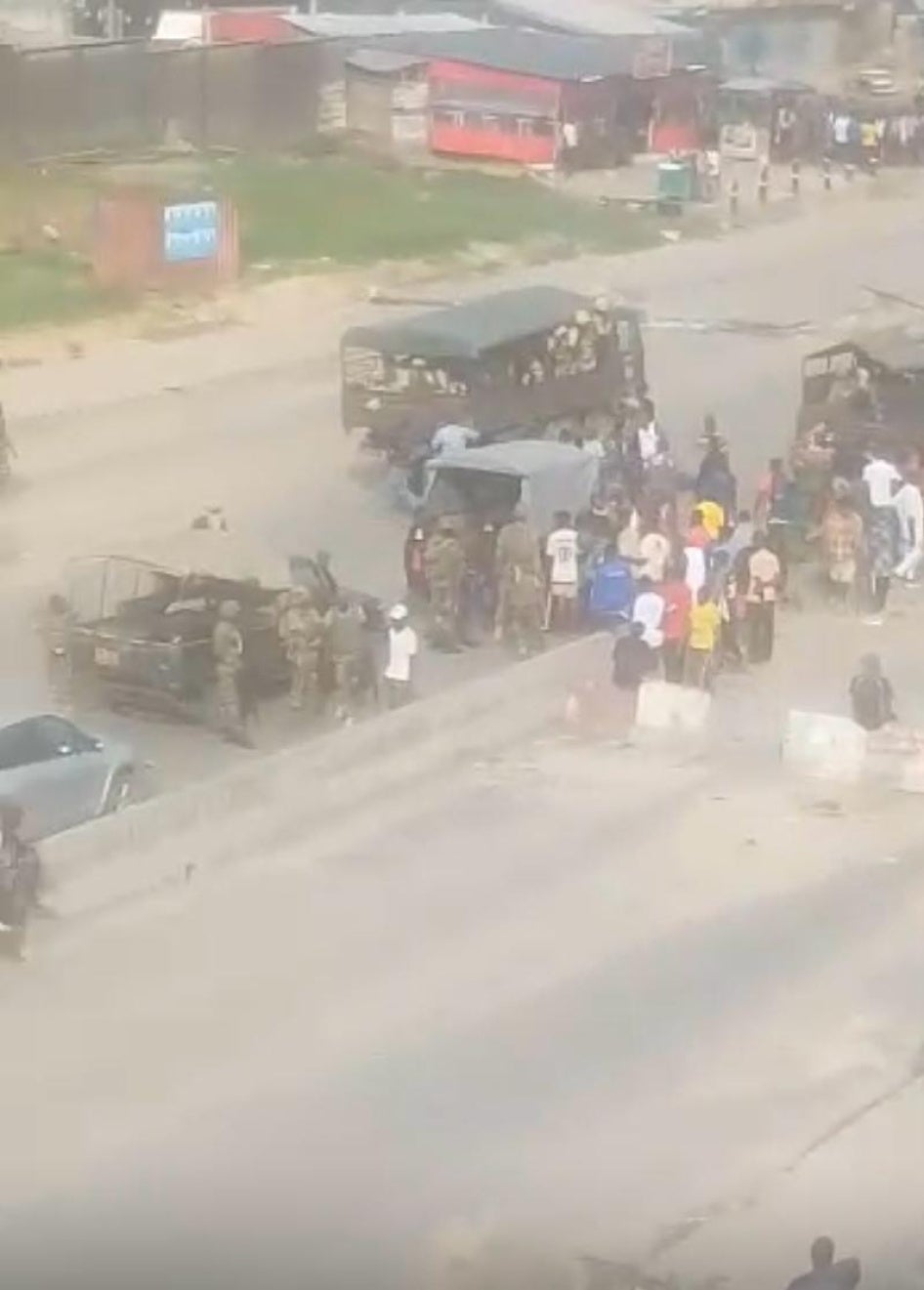
Mali Grapples with Deepening Crisis as Jihadist Pressure Mounts and Stability Falters
Mali’s Escalating Security Crisis and Civilian Impact
Bamako, Mali: The West African nation of Mali faces an intensifying crisis. Jihadist groups, many aligned with al-Qaeda, are tightening their grip, pushing the country further into instability. We’re seeing more than just armed conflict, these groups are disrupting daily life, even imposing blockades that have caused severe fuel shortages in the capital, Bamako, and surrounding areas. Can you imagine the frustration? Residents now queue for hours at petrol stations, and local markets, along with transport systems, are grinding to a halt. This isn’t just about fighting, it’s a calculated move to destabilize civilian infrastructure and undermine government authority, making an already tough economic situation even worse for ordinary Malians.
Regional Ripples and International Challenges
The situation in Mali isn’t just a domestic concern, it has serious implications for the entire Sahel region. The African Union Commission has voiced deep concern, urging the international community to act swiftly on both the worsening security and the humanitarian impact of these restrictions. Why does this matter beyond Mali? Because escalating violence here risks a domino effect, potentially destabilizing neighboring countries already battling similar jihadist movements. It’s a tough road for diplomacy too; recent peace efforts and ceasefire pushes haven’t really slowed the militants down. They just keep expanding their reach, casting a long shadow over any hope for a quick, peaceful resolution. Even countries like the United Kingdom, which once tried to engage positively with interim President Assimi Goïta’s regime, have found their plans disrupted by the rising insecurity, hampering vital international cooperation and aid efforts. Learn more about regional instability in Burkina Faso amid cultural and international challenges, a neighboring nation grappling with similar issues. Additionally, explore how the African Union Commission calls for urgent international action regarding such crises.
A Path Forward for Mali and the Sahel
So, what’s next for Mali? Its current predicament highlights broader issues across the Sahel, a region struggling with porous borders, fragile governance, and widespread socio-economic vulnerability. Analysts warn that without quick, coordinated international intervention, Mali could fall even deeper under armed group control, imperiling regional security and development. Moving forward, a multi-pronged approach is essential. Strengthening Mali’s military to counter armed groups is a part of it, but it’s not the whole story. We also need to tackle the economic hardships caused by these blockades and rebuild trust in state institutions. Renewed diplomatic efforts, bringing together regional powers, the African Union, and global partners, must intensify. And let’s not forget targeted humanitarian aid, crucial for cushioning civilians from worsening deprivation. The world is watching how Mali navigates these twin threats of extremism and economic strangulation. Its success, or failure, will undoubtedly shape not only its own future but also the broader security landscape of the Sahel, a region vital for Africa’s peace and prosperity. You can also explore Burkina Faso’s new leadership and faith drive stability efforts. More details on the broader regional context are available from Al Jazeera.
















